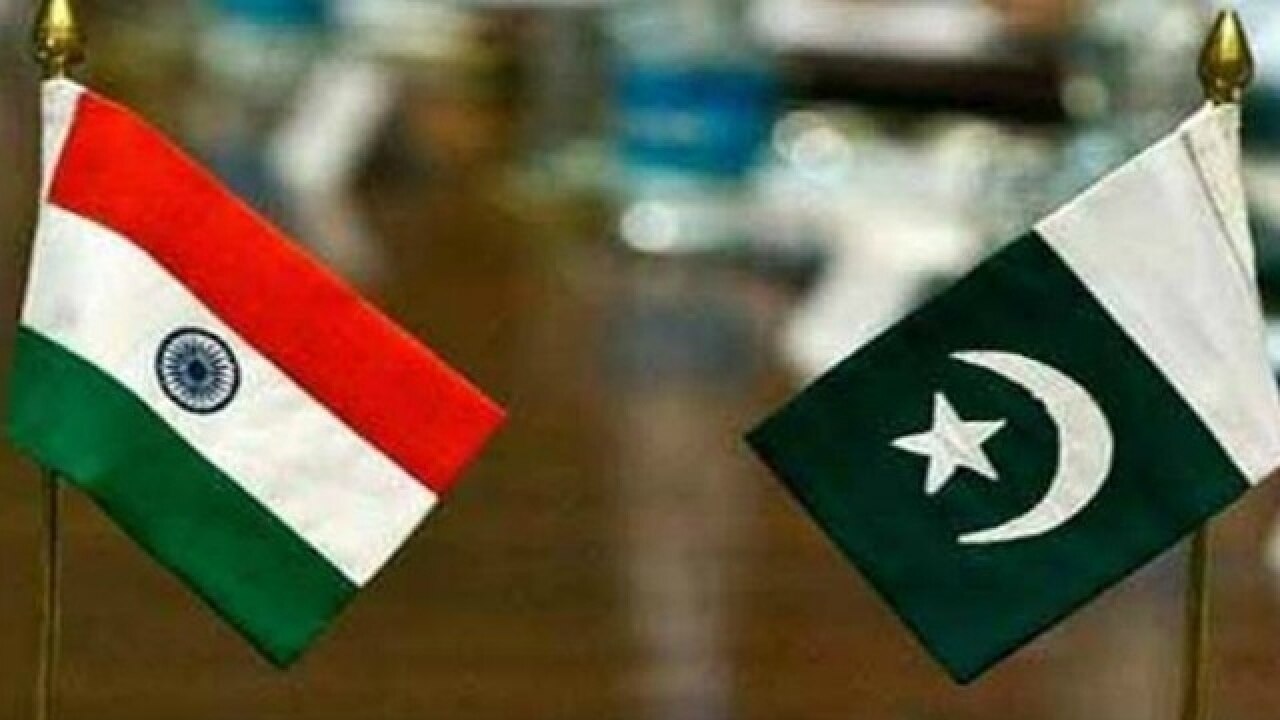
The talk about rethinking the India-Pakistan Indus Water Treaty (IWT) of 1960 in the midst of tense relations between the two countries in the wake of the Uri attack seems to be part of a diplomatic mind game played by the Modi government. It can be argued that whatever little can be done in real terms will be a legitimate gambit. But it doesn’t seem to be a mature move. Treaties can become hostage to hostilities only in times of war, and that too when it is a war of attrition.
Even this proposition is of doubtful validity. But the wars between India and Pakistan have been of shorter duration, about two weeks in 1965 and in 1971. So, the Indus Water Treaty did not come under scrutiny during these two short wars. It is quite unlikely that if hostilities were to break out — and it is least likely that hostilities would break out — they would last long enough and a permanent treaty like that of the sharing of the waters of the Indus and its tributaries would ever become a point of contention.
It has to be however remembered that there have been differences between the two countries about the sharing of waters of tributaries, especially with regard to the Kishanganga and Ratle hydroelectric power projects on the tributaries of Jhelum and Chenab. Pakistan has approached the International Arbitration Court (IAC) that it is a violation of the IWT because the western rivers of Indus, Jhelum and Chenab were allotted to Pakistan, while the eastern rivers of Beas, Sutlej and Ravi were part of the Indian share.
It could be possible that India at this point may want to argue that it would like the World Bank mediated IWT to be redone again. But the government does not seem to have formulated its new thinking on the issue, and only preliminary explorations are afoot. Undoing the IWT may give a temporary advantage to India because while the matter is under dispute, it would be able to exercise greater control on all the rivers because India remains the upper riparian state. The hypothetical involvement of China, which stands at the head of both the Indus and Brahmaputra rivers in the Tibetan region, is only part of the speculative scenarios being constructed to delineate the tense relations between India and Pakistan.
It is plain common sense that neither India nor Pakistan can fight their wars — water or otherwise — in isolation. The international community would inevitably be drawn into it, and India cannot hope to flex its muscle without hindrance. It is necessary then to zero in on the core differences between India and Pakistan. For India, the core issue is terrorism, and for Pakistan it is Kashmir. India is within its right to stick to its corner, and talk about Pakistan’s abetment of terrorism in India even as Pakistan continues to harp on the Kashmir issue.
The government seems to be assessing the situation much more carefully than the Indian media and the commentariat. The calls for retaliation are coming from the media and from retired diplomats and generals. The government might be thinking in terms of retaliation as well, but it would be far different from what the opinion-makers are thinking. It is most likely that the outrage over Uri would recede into the background sooner than later.
The issue of terrorism however remains, and India will have to find ways of targeting the Pakistan-based militant and terrorist groups like the Jaish-e-Mohammed (JeM), Lashkar-e-Taiba (LeT) and Hizbul Mujahideen (HuM).
India will have to fight a focused, targeted war against terrorism emanating from Pakistan.